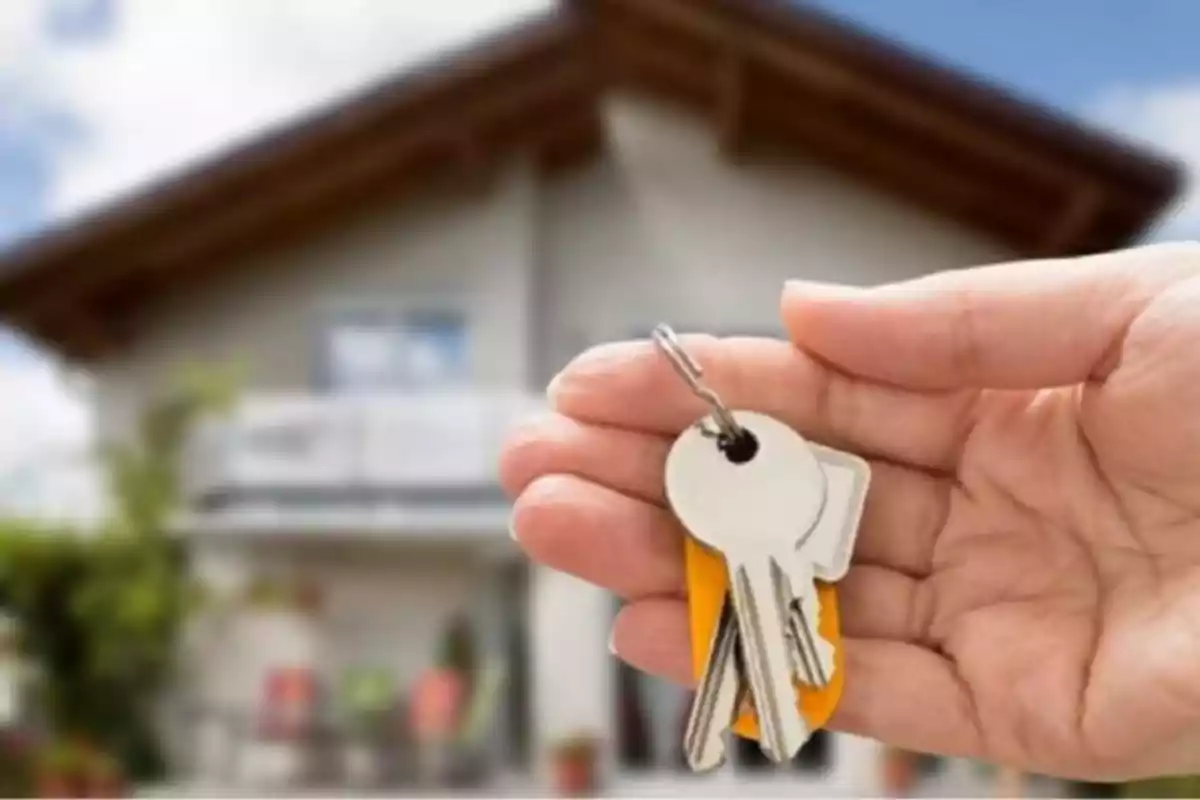
The buying and selling of cars and homes skyrocketed thanks to the economic reorganization.
The president's policies not only stabilized macroeconomic variables but also transformed everyday life
Argentina, unlike previous cycles marked by artificial euphoria, this time the results are beginning to be felt not only in the macroeconomic indicators but also on the street: credit, car sales, and property transactions are being reactivated. Far from being a mirage, it is the direct result of the series of structural reforms driven by the government of Javier Milei.
Fiscal adjustment, financial deregulation, the elimination of the currency exchange clamp, and the firm decision to end uncontrolled monetary issuance have allowed for the recovery of stability and the laying of the foundations for a functional economy.
The macroeconomic numbers are eloquent: the monthly inflation, which in December 2023 reached an alarming 23%, drastically dropped to 2.8% in April 2025, according to official data. This deceleration was key to stopping the decline in real wages and allowing for their progressive recovery. For the first time in years, Argentinians' incomes are once again outpacing prices.

Another data point marking a turning point is the country risk, which was sharply reduced to 648 basis points this Tuesday, after having exceeded 2,000 points during the most critical moments of recent years. This improvement has restored credibility to the markets and encouraged investment.
The labor market is also accompanying the new landscape: employment has reached its historical maximum since records began. Companies are hiring again, and the economy—far from a mere technical rebound—is growing above 5% annually, consolidating a process of sustained reactivation.
One of the central engines of this recovery has been fiscal order. Thanks to the historic budget surplus achieved under the Milei administration, the vicious cycle of issuance to finance deficits was broken. The Central Bank, along with the Treasury, deactivated the Leliqs—very short-term debt instruments that captured banking liquidity—, which allowed for a drastic reduction in interest rates and reactivation of productive credit. The financial system is beginning to recover its essential function: intermediating savings toward investment.
Housing and cars
One of the most dynamic sectors of this new cycle is real estate. In March 2025, 62,808 housing transactions were completed, a 40.6% increase compared to the same month the previous year, marking the best March since 2007, according to the National Institute of Statistics. In the first quarter of the year, transactions grew by 20.7%, with a particularly strong boost in new homes, whose sales climbed 64.2%, while used homes—the largest market segment—grew by 34.8%.
But the phenomenon doesn't end there. The automotive sector also shows historical figures: in April 2025, 158,960 used vehicles were sold, a 16.7% increase compared to April 2024 and an 11.6% increase compared to March, according to the Automotive Trade Chamber (CCA). The accumulated total for the first four months shows 620,383 used cars sold, a year-on-year jump of 33.5%.Alejandro Lamas, secretary of the CCA, was blunt: "We have just gone through the best April since monthly records of used car sales at the national level (1995) have been kept."

Lamas also highlighted the key role played by the elimination of the currency exchange clamp, one of the flagship reforms of the current government: "It led to a situation of greater normality and transparency." Additionally, he emphasized the strength of the productive interior, where sales grew even above the national average, showing that the recovery is genuine and federal.
The index of economic and consumer expectations has reached its highest level since 2017. Surveys record an increase in optimism: more and more Argentinians believe that their financial situation will improve in the coming months. This improvement in confidence generates a virtuous circle that, if sustained, can transform the economy structurally.
More posts: